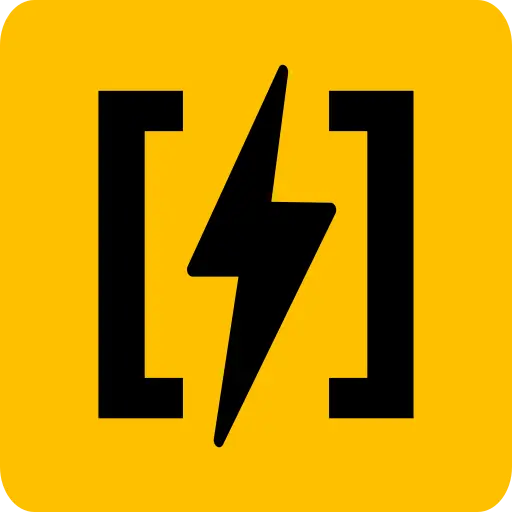Project Management Tools for SMBs, Startups, and Freelancers
5 Project Management Tools Software Available
Filters

0 reviews
Entry Pricing: $14
Practice management workspace with scheduling, telehealth, billing, and records.

No reviews yet
Entry Pricing: $49
Construction management software for contractors to manage jobs and crews

No reviews yet
One click, complete bug report: screenshots, replay, logs, steps—sent straight to Jira, GitHub, or Slack

No reviews yet
Entry Pricing: $29
AI productivity app that plans your calendar, tasks, and projects automatically

No reviews yet
Project management, time tracking, and invoicing suite for client work
What are Project Management Tools?
Coordinating projects with spreadsheets and long email threads makes it hard to keep scope, timelines, budgets, and responsibilities aligned. Project management tools (also called project management software or apps) centralize planning, execution, and reporting so teams can see what’s due, who’s accountable, and how work is tracking against goals. From drafting a work breakdown structure and scheduling tasks to managing risks, issues, and changes, a modern project management tool provides shared visibility and control. Whether you’re shipping a product, delivering client work, or running internal initiatives, these platforms help teams plan realistically, collaborate smoothly, and deliver on time and on budget.
- Planning & scheduling: Create projects, milestones, task hierarchies, dependencies, and due dates with Gantt charts, timelines, and calendars.
- Boards & workflows: Kanban/Scrum boards, custom statuses, and automation rules to move work forward and standardize processes.
- Resource & capacity: Assign owners, estimate effort, and balance workloads; track utilization and avoid bottlenecks.
- Collaboration: Comments, @mentions, file attachments, meeting notes, and approvals in the context of tasks and milestones.
- Budget, time & costs: Track budgets, log time, set billable rates, and monitor burn and variances for accurate forecasting.
- Risks, issues & changes: Identify, prioritize, and resolve blockers with audit trails and change logs.
- Reporting & dashboards: Real-time status, burndown/burnup, velocity, and portfolio views for stakeholders and executives.
- Integrations & security: Connect calendars, docs, code repos, chat, and finance tools; role-based access and compliance controls.
Frequently Asked Questions
What is a project management tool?
A project management tool is software that helps teams plan, execute, and track projects. It centralizes tasks, schedules, files, communications, and metrics so everyone shares the same live view of scope, time, and cost.
Who uses project management software?
Project managers, product teams, agencies, operations, marketing, IT, construction, and professional services. Small teams use it to coordinate day-to-day work; larger organizations use it to manage complex programs and portfolios.
What features should I look for in a project management app?
Look for task hierarchies and dependencies, multiple views (Gantt, board, list, calendar), resource and workload management, time/budget tracking, robust reporting, and strong integrations (docs, chat, code, finance). Ease of use and permissions matter, too.
How is project management different from task management?
Task management focuses on personal or team to-dos. Project management adds scope, dependencies, resourcing, budgets, risks, and governance. It connects everyday tasks to milestones and business outcomes across a defined timeline.
Do project management tools support Agile, Waterfall, or hybrid methods?
Most support multiple methods: Scrum and Kanban boards for Agile teams, Gantt/timelines for Waterfall, and hybrid setups mixing sprints with milestone plans. Choose a tool that matches how your team actually works.
Can these tools integrate with my existing stack?
Yes. Modern platforms integrate with calendars and email, documentation suites, code repositories and CI/CD, chat apps, CRM/ERP, and finance systems. Integrations reduce duplicate work and keep status synced across tools.